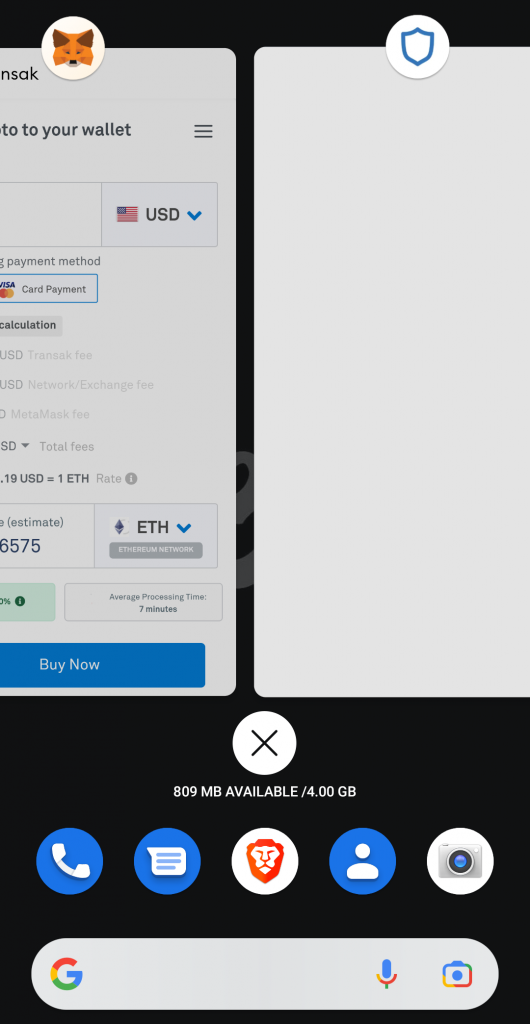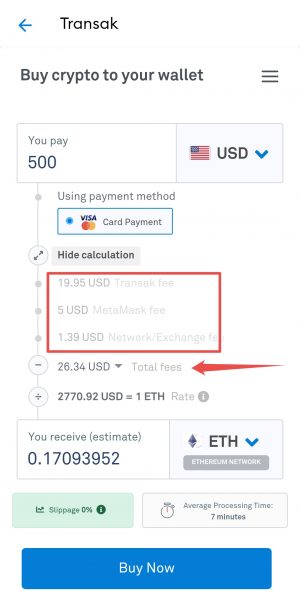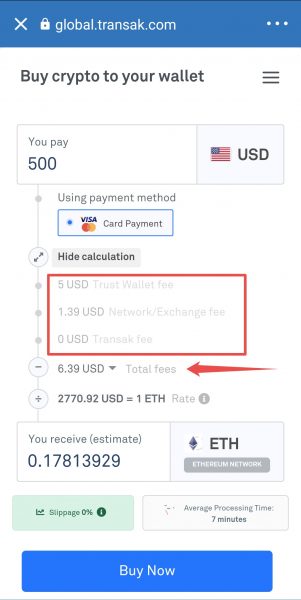It’s very common to ask for the winner of Trust Wallet vs Metamask. While both are excellent, stay tuned to decide the best for you.
Crypto wallets are the entry points to the blockchain universe. They help you to exchange your fiat currencies for crypto, join the metaverse, explore decentralized applications, and do much more.
Trust wallet and Metamask both are non-custodial, hot wallets.
Non-custodial refers to the fact that the private keys are user-managed. This is generally perceived as more secure than an exchange holding them.
Because most probably, a low-profile single user won’t be a target of cybercriminals. But this isn’t true for an exchange keeping many private keys giving access to multi-million dollars.
And ‘hot’ indicates if your wallet stays internet-connected, as any application in your smartphone. This poses a risk of hacks. In contrast, COLD or hardware wallets connect only during transactions. A special category, fully air-gapped hardware wallets connect with just QR codes–not connecting with any device ever.
While hot wallets are unsafe than COLD or hardware wallets, they aren’t that bad for newcomers. That said, consider purchasing a hardware wallet, like the Ledger Nano X if you are a serious investor. Or go with a fully air-gapped cold wallet like ELLIPAL Titan.
Let’s come back to what we’re here for and stick to…
Trust Wallet vs Metamask
This article will cover both of them based on these points:
- Background
- Token Support
- Security
- Fees
- Extras
Metamask is available for your smartphone and web browser as an extension. In contrast, Trust Wallet is only mobile-based. So, we’ll compare the Android applications of both on these mentioned parameters.
Background
Started in 2016, Metamask was founded by ConsenSys Software Inc. in Brooklyn, New York. Initially working only as a browser extension, it quickly grew in popularity, and 2020 saw its public release of apps for iOS and Android.
As of this writing, Metamask had 21 million monthly active users. Aimed at improving user privacy, it drew criticism for its browser extension that can leak information to trackers.
But that’s not only with Metamask. In fact, all browsers based crypto wallets aren’t as secure as standalone applications.
And that’s not the problem with Trust Wallet, as it doesn’t have a browser extension. This only works as a smartphone application available for iOS and Android.
Trust Wallet is based in the US and acquired by Binance in 2018, the biggest crypto exchange. However, the technical side of the Trust Wallet is independent. The 2018 Binance acquisition was more about the admin and marketing side of operations.
Notably, both have a similar 10 million + downloads on the Google Play Store. While Metamask is 4.2 rated with 56k reviews, 838k users have given an average 4.4 rating to Trust Wallet. Similarly, Metamask is 4.5 rated by 14.6k people, and Trust Wallet is winning with its 4.7 ratings awarded by 163.1k on Apple’s App Store.
Though Trust Wallet clearly wins in popularity, Metamask isn’t lagging by a mile. Moreover, individual experience matters more than any rating on any app store.
Token Support
Metamask lets you receive, buy, send, and swap ERC-20 assets. Requesting/Sending a payment is easy with the QR code or the public key.
Transak supports in-built purchasing and is functional in 59+ countries.
Swapping shows some default ERC20 tokens like SNX, DAI, WBTC, etc. Although, you can add a token manually by entering their token address available at Etherscan.
You can set the slippage range (1-5%) while swapping. And the transaction won’t go through if the actual value exceeds the set slippage.
Slippage is the difference in rates observed between the time of the order and confirmation.
One can synchronize compatible non-fungible tokens with their Metamask wallet with just a toggle.
Likewise, Trust Wallet has the send, receive, buy and swap built in the dashboard. Buying with Trust Wallet comes with multiple offers with the best marked as such. You can sync your NFTs with the Trust Wallet.
But the major differences start counting when you try to purchase multiple coins.
While there are workarounds to buy specialized versions (e.g., WBTC for BTC) of popular coins with Metamask, Trust Wallet’s native support for multiple coins avoids ambiguity.
So when Metamask boasts about supporting Ethereum blockchain, Trust Wallet has native support for Ethereum and 52 other blockchains. In total, Trust Wallet can play with over 1 million tokens. That’s a serious advantage if you dabble between various blockchains. As with Metamask, you can add custom tokens in Trust Wallet.
Additionally, the Binance integration serves Trust Wallet with an in-built mega exchange.
Overall, Trust Wallet wins huge with the exhaustive token support. However, they both have friendly user interfaces with no confusion for first-timers.
Security
Metamask is backed up with a 12-word secret recovery phrase that you see at signup. Moreover, you can use biometrics or the wallet password to unlock your Metamask for logins.
In the same way, Trust Wallet is protected with a 12-word seed phrase. And you can set a passcode to access it every time apart from the biometrics.
This is when you tap recent apps in the Android while both apps open in the background:

While anyone can peek and check your background Metamask activity, Trust Wallet is foolproof with this. It blanks out everything once you come out of the application.
This might be nitpicking, but while there is no clear winner in security, Trust Wallet has a slight edge over Metamask.
However, both are non-custodial and provide (almost) the highest possible safety for a hot wallet. So if anyone gets hacked, it’ll be probably with spyware on the user device with no vulnerability of the wallet itself.
Fees
Crypto wallets are fantastic applications. They help us to interact with otherwise not-so-common-man-friendly blockchain technology.
So, all this convenience comes at a cost (Fees).
To compare both wallets, I just tried to purchase the same coin (ETH) with the same vendor (Transak) using both wallets. Here is the fee breakdown:


The difference is evident. Apparently, Transak wasn’t charging anything for its services with Trust Wallet.
In addition, Trust Wallet has more vendors to choose from with the best rates coming at the top. If you’re wondering, Transak was offering the best rates with this transaction.
However, this difference will get lesser with the transaction amount. For instance, a $100 amount was only $3.99 costlier with Metamask.
One more thing to note is that Transak (Trust Wallet) doesn’t show any other option to pay in except for USD. This was the case even when you select fiat currency of choice from the Preferences tab. That said, you can still pay in your native fiat currency without seeing the actual rates upfront.
But with Metamask, you can tap to select from your native fiat currency and see the calculations right there.
So while Metamask is right away more transparent in showing fiat payments, Trust Wallet is economical with the added flexibility of multiple payment gateways.
Extras
Trust wallet natively supports staking.
You can easily stake a few coins like the ATOM, LUNA, BNB, ALGO, etc.
While there are also workarounds for staking with Metamask, Trust Wallet has this sorted out in just a few clicks.
In addition, you can lend/borrow right from the Trust Wallet.
However, both the wallets have support for DeFi tokens.
Trust Wallet vs Metamask: Conclusion
Admittedly, Binance integration has done wonders for Trust Wallet. The inbuilt features are plenty, and you would seldom need to look outside.
Things such as overall reduced buying fee, support to many blockchains, staking, lending, etc., have tilted the verdict of Trust Wallet vs Metamask in its favor. And the margin is not smaller either.
Conclusively, a commoner will hardly find any reason to choose Metamask over Trust wallet, especially if desktop use isn’t in the equation.
PS: You can also check out another wallet backed by an exchange, Huobi wallet.
